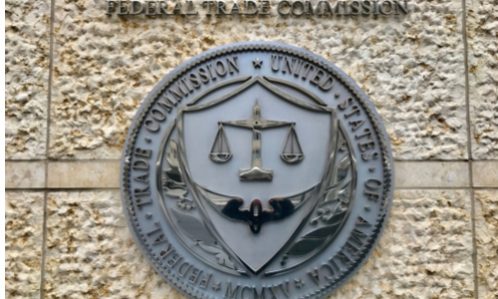The Federal Trade Commission voted in an open Commission meeting to rescind a 1995 policy statement that made it more difficult and burdensome to deter problematic mergers and acquisitions. The 1995 Policy Statement on Prior Approval and Prior Notice Provisions ended the Commission’s longstanding practice of requiring parties that proposed unlawful mergers to receive prior approval and give prior notice for future transactions. By rescinding this policy statement, the FTC regains a valuable law enforcement tool.
Prior to 1995, the Commission required all companies that had violated the law in a previous merger to obtain prior approval by the FTC for any future transaction in at least the same product and geographic market for which a violation was alleged. In 1995, the Commission decided to do away with the requirement, based on the presumption that the Hart-Scott-Rodino premerger notification requirements would suffice. The resulting policy statement required prior approval and prior notice provisions only when there was a “credible risk” of an unlawful merger, with no regard for market conditions or a company’s prior actions.
Since the 1995 Policy Statement was implemented, the Commission has been forced to re-review the same transaction on numerous occasions at considerable expense. The FTC twice litigated (and won) legal challenges to Staples’ acquisition of Office Depot. Other industries involving FTC re-review of the same deal include gasoline retailing and wholesaling, gasoline import terminaling, hot oil used to process aluminum, and industrial chemicals. Just last week parties to a transaction involving the same pipelines in Utah abandoned a transaction after a lengthy Commission review, where the Commission had previously rejected the same combination.
“Since the FTC substantially reduced using these prior approval provisions, the agency has encountered numerous examples of companies repeatedly proposing the same or similar deals in the same market, despite the fact that the Commission had earlier determined that those deals were problematic. Companies have also in several cases sought to buy back assets that the Commission ordered those same companies to divest,” said FTC Chair Lina M. Khan during an open Commission meeting. “Without a prior approval provision, the Commission must initiate a whole new investigation and then go into court to block the deal anew. This additional burden drains the already strapped resources of the Commission.”
Want more news? Subscribe to CPI’s free daily newsletter for more headlines and updates on antitrust developments around the world.

